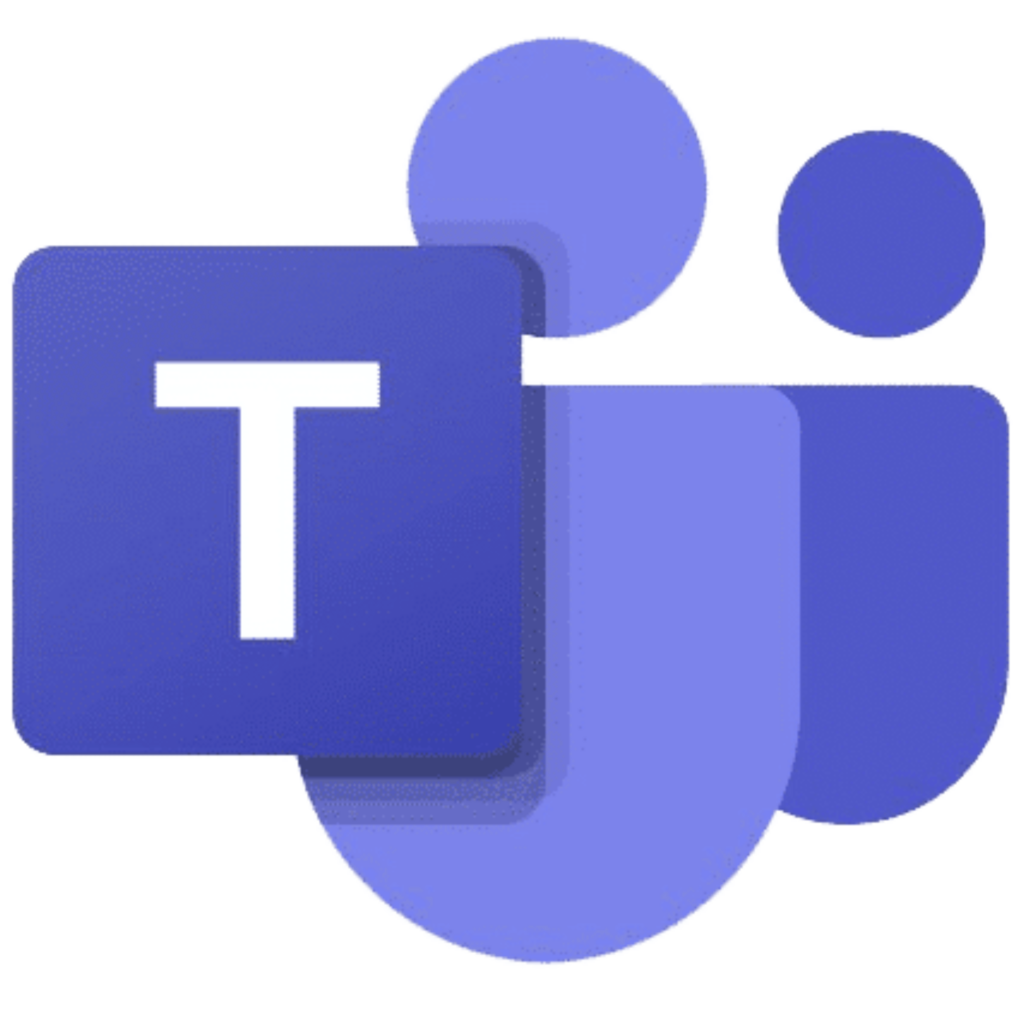Voice Recognition
Support
Service
Advice
Setups
@ Best Prices
Voice recognition technology lets customers interact with your business phone system through spoken words. Converting speech into text, voice recognition software allows hands-free device control & efficient data entry, making it vital for modern businesses.
Why Is Voice Recognition Important for Businesses?
Voice recognition technology offers several benefits for businesses:
Enhanced Productivity
By automating routine tasks like data entry and transcribing, voice recognition saves time and reduces manual errors. It allows employees to focus more on strategic activities.
Improved Customer Experience
Voice recognition systems can handle customer enquiries efficiently. These provide quick responses and personal interaction, which can lead to higher customer satisfaction and loyalty.
Voice Biometrics
Some advanced phone systems can use voice recognition as a security measure for authentication. They can identify or verify a caller based on their unique voice characteristics.
Accessibility
Voice recognition makes technology more accessible to people with disabilities, making your business easier to reach and creating coverage in the workplace.
Cost Efficiency
Automating processes with voice recognition reduces the need for large numbers of employees in roles such as customer support. Your business can enjoy significant cost savings by adopting this technology.
Supports Efficient Call Routing
In a contact centre, voice recognition technology, also known as speech recognition, can work by capturing a caller’s voice and transforming it into text through sophisticated algorithms. It then analyses this text to comprehend the caller’s intent, enabling efficient routing to the correct department or offering self-service options.
How Voice Recognition Software Works
Voice recognition software converts spoken language to text through a series of processes within the automatic speech recognition system:
Audio Capture
The process begins by capturing the audio input through the microphone. Capturing high-quality audio is essential for accurate voice recognition.
Feature Extraction
The software analyses audio and extracts features like pitch, tone, and frequency. These features help distinguish between speech with different sounds.
Acoustic Modelling
Acoustic modelling relates sound features to a specific language’s basic sound units. This will help the system understand what the words are and how these words are formed.
Language Modelling
Language modelling predicts word order based on context. This ensures that the messages are consistent and appropriate according to the context. This step deals with homonyms and complex sentences.
Decoding
This step involves an audio-to-text system that combines audio and speech formats. Based on the probability score, it selects the most likely word sequence.
Machine Learning Enhancements
Advances in machine learning, including deep learning and neural networks, have improved accuracy. These enable the system to learn from large data sets and adapt to various accents and noisy environments.
Voice Recognition Services in Communication Platforms
Many popular communication platforms have advanced voice recognition capabilities to improve user experience and productivity. Here’s an overview of the voice recognition features on the major platforms:

Microsoft Teams
Integrating Microsoft Teams’ sophisticated voice recognition functionalities, Teams Rooms features speaker recognition that identifies each speaker during a meeting. This ensures accurate transcripts and attribution.
Skype
Skype leverages AI for real-time translation and voice simulation. It automatically detects and translates the language spoken during calls in real-time. It can also imitate the user’s natural voice when translating. This allows for more personal interactions and facilitates smoother international communication.
Google Meet
Google Meet uses speech-to-text technology that automatically displays live captions in real-time during meetings to increase accessibility for all participants. The voice recognition feature works seamlessly with other Google Workspace tools and platforms.
Zoom
Zoom offers voice recognition capabilities and includes subtitles functionality, although manual input from the host or designated participant is required. The platform also allows for the recording of meetings. This can be useful for transcribing or reviewing later, supporting various business needs such as documentation and training.
Tips for Choosing the Right Voice Recognition Solution
Here are some important tips for choosing a voice recognition solution for your business:
Assess Your Specific Needs
Assess your business needs, including the tasks you want to automate, preferred language and integration with existing systems to narrow down your options.
Consider Accuracy and Performance
Look for a high-accuracy rate solution specific to your industry or test different options to evaluate performance in actual use conditions, including background noise and accents.
Evaluate Customisation Options
Select a system that allows customisation of terminology, language models, and voice models to suit your specific business processes and needs.
Check Integration Capabilities
Ensure the solution can integrate seamlessly with your existing software workflows. APIs and SDKs should be available for smooth integration.
Prioritise Security and Compliance
Pick a provider that offers strong data security measures and adheres to relevant regulations in your industry, especially for handling sensitive data.
Assess Scalability
Go for a solution that can grow with your business needs and handle increased volume and complexity without compromising performance.
Consider Total Cost of Ownership
Calculate the total cost of ownership by considering start-up fees and ongoing costs, which include fees for maintenance, upgrades and possible customisation needs.
Evaluate Vendor Support and Reputation
Study the history of the seller, the quality of customer support and a commitment to continuous improvement and technology updates.
Contact Us Today to Learn More About Voice Recognition
Embrace the future with Com2 Communications’ cutting-edge voice recognition solutions that meet your business needs, from increasing production efficiency and enabling better call routing to enhancing the customer experience.
Contact us to discover how our voice recognition solutions can transform your business.




